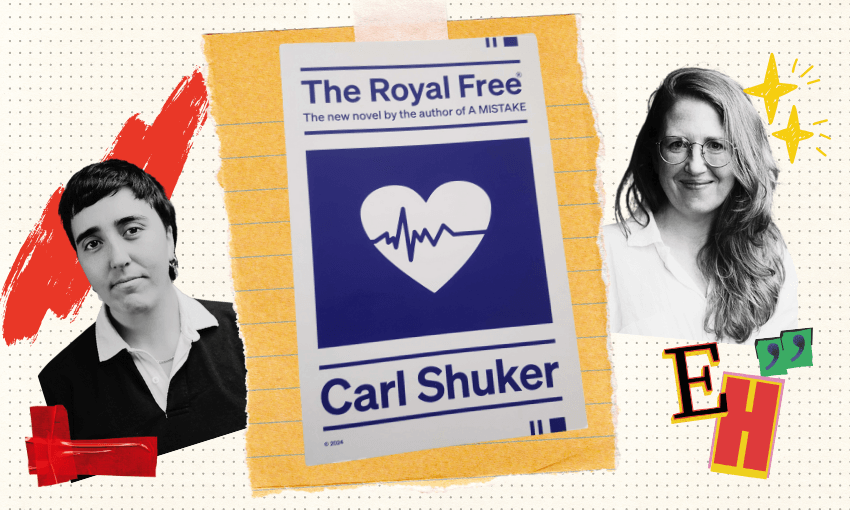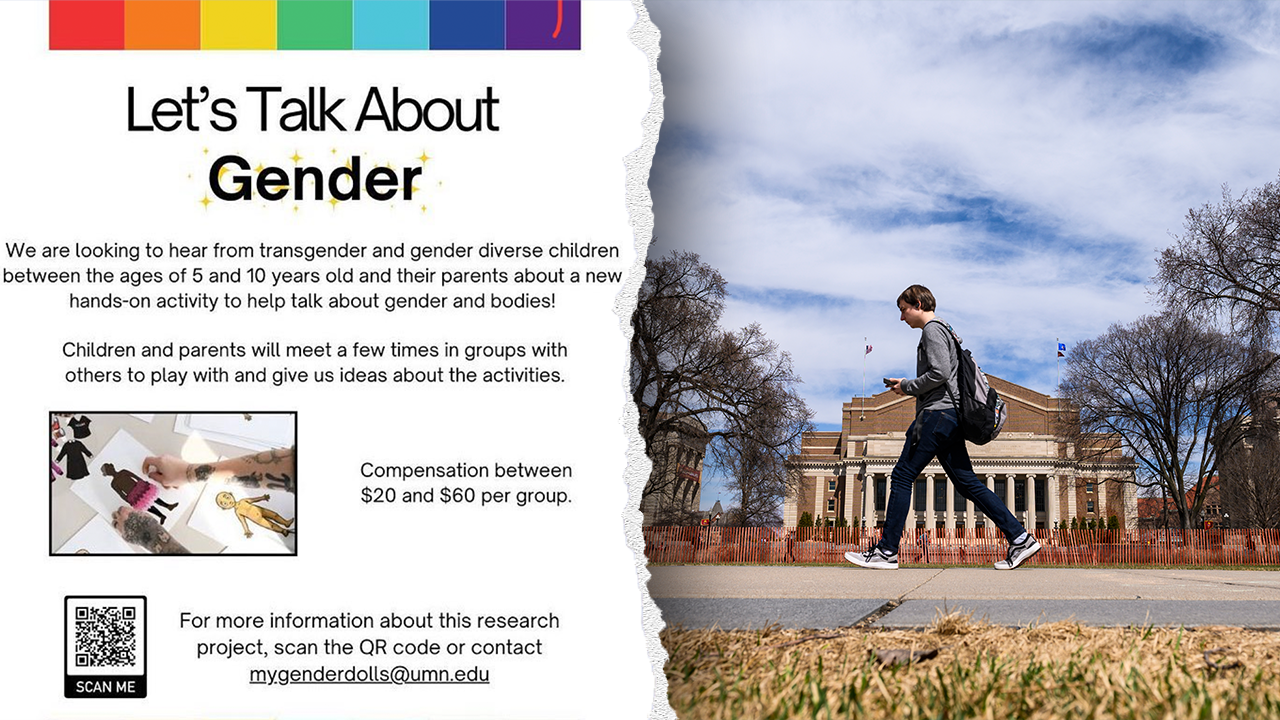This is an international awareness campaign giving voice
and support to those affected by Fetal Alcohol Spectrum
Disorder (FASD). Every year on the 9th day of the 9th month,
to symbolise the nine months of pregnancy, millions of
people around the world hold events to promote public
awareness of FASD and support those who are affected by
it.
The Facts
Drinking any amount of alcohol
at any stage of pregnancy can lead to FASD, a permanent
brain injury which is estimated to affect 3-5% of the
population in Aotearoa New Zealand, or up to 3,000 babies
annually. Despite the fact that there is no known safe
amount or time to drink alcohol when pregnant, the Growing
Up In NZ study found 71% of women drank alcohol before they
knew they were pregnant and 13% continued to drink after the
first trimester. Many women across most demographics think
that drinking moderate amounts at various stages of
pregnancy is not problematic – this is not the
case.
FASD is more common than autism, Down Syndrome
and cerebral palsy put together and as such, it is by far
the greatest contributor to neurodisability in Aotearoa.
Those affected by FASD experience lifelong physical,
behavioural and learning difficulties which affect their
interactions within education, health and justice settings.
Without support, their entire lives can be extremely
challenging for themselves and their whānau, and can also
have a huge impact on our society.
Lack of awareness
and stigma
There is low public awareness around the
behaviours which characterise FASD and many assume it’s
simply bad behaviour which can be mitigated by using
‘consequences’. However, due to the nature of the brain
injury, these simply don’t work. The damage affects
individuals differently and different parts of the brain may
be affected – those responsible for adaptive behaviour,
executive functioning, sensory processing and impulsivity.
Those with FASD are continuously punished by being born with
a brain injury and by a useless and harmful behavioural
model of intervention, particularly within the education and
justice sectors.
Lack of awareness of how FASD affects
the brain also leads to stigma for both the individual and
the whānau and it can result in exclusion from education,
from society and ultimately from any chance of a good life.
This may lead to secondary disabilities such as mental
health disorders, substance abuse, a trajectory towards the
criminal justice system and increased risk of
suicide.
As well as increasing awareness of the
dangers of alcohol during pregnancy, the International Day
of Awareness campaign seeks also to inform the public that
challenging FASD behaviours are not wilful or the result of
poor parenting. The suggestion is to think ‘brain, not
blame’, and ‘can’t, not won’t’.
Ineligible
for support services
Unless a child with FASD has a
high level of intellectual disability (only 10-20% of
children with FASD do) then children in Aotearoa are not
eligible for help from NZ Disability Support Services. This
means around 80% of individuals and their whānau affected
by FASD do not qualify for support. A report
from the Children’s Commissioner and Disability Rights
Commissioner in 2020 highlighted this fact as a violation of
human rights.
With early support, those with FASD can
grow and achieve
However, with early diagnosis and
intervention, those with FASD can lead full lives. As
Professor Anita Gibbs wrote in July 16, 2022 in the Aotearoa Journal of
Social Work, “it’s cheaper by far to assess [those
with FASD] early so we can intervene early. What is $9,000
for an assessment compared to $250,000+ to place them in
residences … we harm children by denying them the right to
be assessed, and for disabled children especially, the right
to live a good life.”
If you would like to
feature FASD International Day of Awareness 2022 in a news
story, please contact FASD-CAN Chair Leigh Henderson
(details above). She can put you in touch with professionals
and/or whānau for potential interviews.
There
is more information on the FASD International Day of
Awareness on our webpage.
FASD
FACTS
What is Fetal Alcohol Spectrum Disorder
(FASD)?
FASD is recognised as the leading cause of
developmental disability in the developed world. It
describes a broad spectrum of physical and developmental
disabilities occurring over a person’s lifetime as a direct
result of prenatal exposure to alcohol.
How prevalent
is FASD?
No research has confirmed the prevalence of
FASD in New Zealand, but the Growing Up in New Zealand study
quantified the number of women who consume alcohol in early
pregnancy at 71%. Many pregnancies are unplanned, and
therefore more likely to feature alcohol exposure. The
Ministry of Health acknowledges there is evidence that the
prevalence could be 3-5% of the population. Based on this
information and international research it is estimated that
up to 3,000 babies could be born with FASD
annually.
Without physical symptoms it can often be
misdiagnosed as ADHD or autism (which may co-occur with
FASD) or not recognised at all. It is therefore described as
a hidden or invisible disability. An accurate diagnosis
requires a specialised, multidisciplinary, expensive
assessment.
Outcomes
Those affected by FASD
will usually require some degree of lifelong support and
care. FASD behaviours can be very challenging. Unsupported
FASD adults are less likely to get or hold down a job and
more likely to be involved in crime, substance abuse and
unwanted pregnancies which perpetuates a cycle of FASD
damage within society. International research has shown that
suicide rates in individuals with FASD are considerably
higher than the general population. The Government has
recognized that FASD is a life-shortening condition by
specifying FASD as one of four conditions which are eligible
for early withdrawal of Kiwisaver. Yet access to early
intervention to prevent the secondary effects is not
provided routinely. There are significant economic costs in
our society of not educating adequately around alcohol in
pregnancy and not supporting individuals with FASD from an
early age.
Action Plan
The Government produced
an ‘FASD Action Plan 2016-2019’, with a broad approach
to the prevention, diagnosis and support of FASD. Sadly,
many of these actions have not been completed and a longer
term strategy is needed.
Where to go to for
support
FASD-CAN (FASD Care Action Network) is the
national charity providing support to families affected by
FASD by uniting caregivers, strengthening families,
supporting individuals and educating about FASD across our
communities. It is a collective of parents, caregivers and
professionals, most of whom have lived experience of caring
for an individual with FASD.
Our key message for the
FASD International Day of Awareness 2022
With shared
strength, guidance and support, those with FASD can grow and
achieve.
© Scoop Media




















Discussion about this post